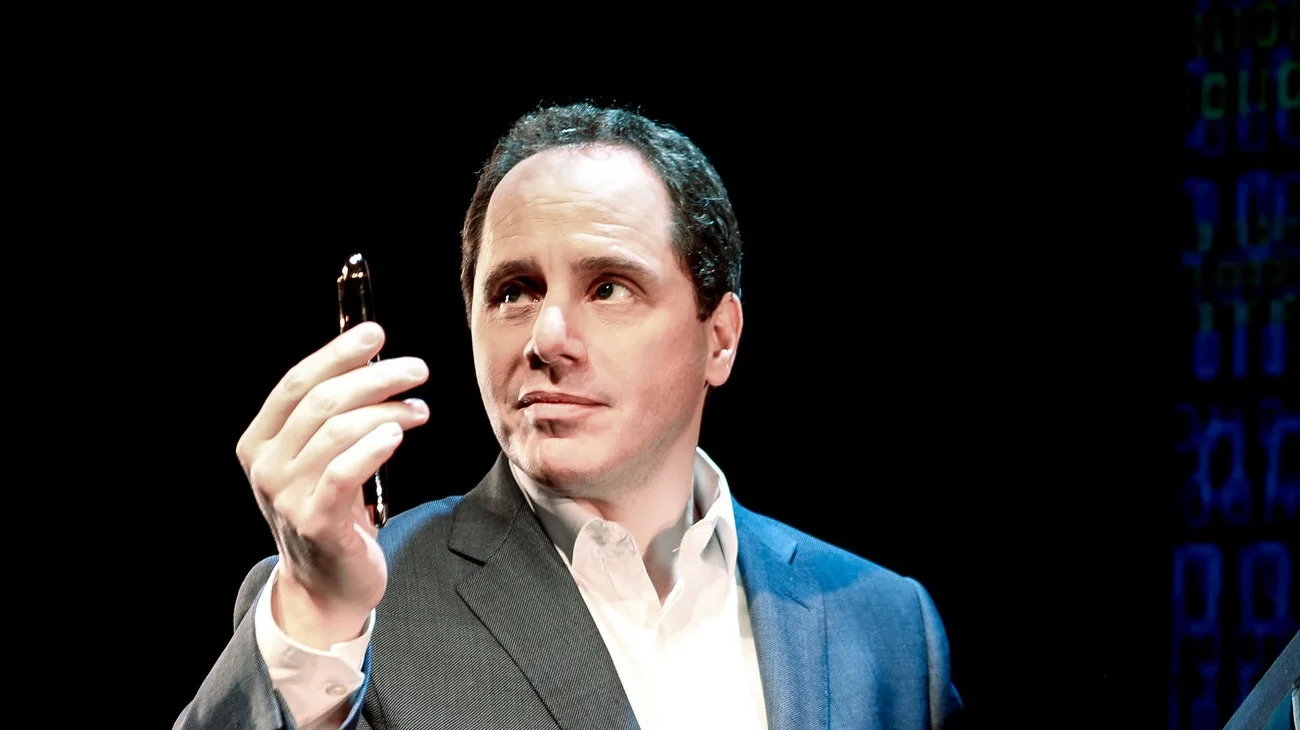The University of Eversham has awarded James an Honorary Doctorate for his efforts in education to increase fraud awareness in the UK.
The award, Honorary Degree of Doctor of Science was conferred on James at a special ceremony at Thorp Hall hosted by the University’s College of Life Sciences.
An expert pickpocket and stealth crime expert, James is best known for his live performances but he also uses his unique knowledge of deception, persuasion and social engineering to educate and increase fraud awareness. In 2015 he was appointed by the City of London Police as the UK’s first Fraud Prevention Ambassador.
Speaking at the ceremony James said, “I am surprised and delighted to receive this incredible award. Anyone can fall victim to a fraud but the most vulnerable people in society are often most affected. Fraud education is a collective social responsibility and highlighting the issue is the best way to beat the bad guys. So I am thrilled that the University has recognised this important work in this way. Honestly, it’s unbelievable.”
Chancellor of the University, Professor Anthony Curtis, who made the presentation, hopes that James’ work will inspire students to develop a questioning attitude in their own studies.
“By conferring an honorary degree to interesting people such as James Freedman the University highlights the importance of knowledge in improving people’s lives, as well as recognising achievement at the highest level. I am delighted to be part of today’s ceremony and congratulate each of our honorary graduates on their incredible achievements.”
(Photos: Joseph Shea)





























